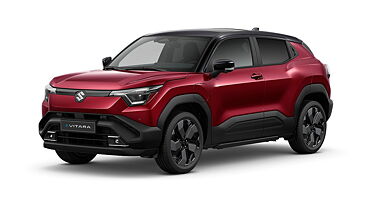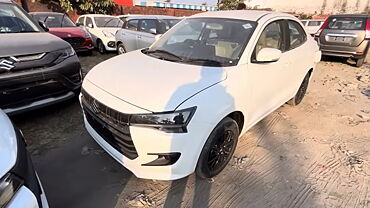
BMW has plans to introduce vehicles that could drive with lesser and lesser driver intervention by the year 2021. Developed under the umbrella of their new iNEXT brand, this new crop of vehicles with be capable of level 4 and level 5 of autonomy. If that seems farfetched right now, BMW confirms that at least level 3.5 of autonomy will be present in all the vehicles by2021.
BMW had confirmed the launch of a new sub-brand iNext earlier this year which will focus on the Bavarian carmaker’s autonomous technology. BMW entered into a collaboration with tech giants such as Intel and Mobileye to develop the required artificial intelligence for its future autonomous vehicles. All the hardware required for the self-driving vehicles are being developed at a quicker pace than was expected earlier, becauseBMW asserts the “car and the technologies that make it tick are set to change more in the next 10 years than they have in the past 30 combined”.

Currently, BMW offers Level 2 autonomy, where the driver can remove his hands from the steering wheel momentarily. The ultimate goal is Level 4 and 5 autonomy, where the driver can give up the driving duties completely. As BMW explains, there are 5 levels of the autonomous level. Level 3 is where BMW wants to be by 2021, where the driver can take their eyes off the road and relax for brief periods of time.However, they must be able to retake control in the shortest period of time. Level 4 allows the driver to be free most of the time apart from an extremely tricky situation that the AI cannot manoeuvre itself out from. And at the top or Level 5 autonomy, the car can do away with steering wheel or pedals altogether. However, being a driver-focused company, this seems contrary to BMW’s ‘ultimate driving machine’ motto.
So to make all this complex driving work without human intervention, the car will make use of an array of sensors, cameras, LiDar, and lasers. All of these systems will work in conjunction to create a digital map of the car’s surrounding to help it navigate. Therefore BMW calculates that around 240 million kilometres of testing on public roads would be needed for the engineers and testers to guarantee that the autonomous cars are safe and fail proof, which is very impractical.

However, as promised at CES earlier this year, BMW will launch a fleet of 40 highly autonomous 7 Series test vehicles by the end of the year on the public roads. This fleet will focus on improving autonomous driving amidst oncoming traffic and city commute.
BMW is not the only carmaker to reveal their plans pertaining to autonomous technology. Big automotive names such as Ford, Volkswagen, and Mercedes-Benz are all developing autonomous tech for their future vehicles. It’s not too far into the futurewhen cars with no drivers, commuting on the roads, will have become a common sight.


































